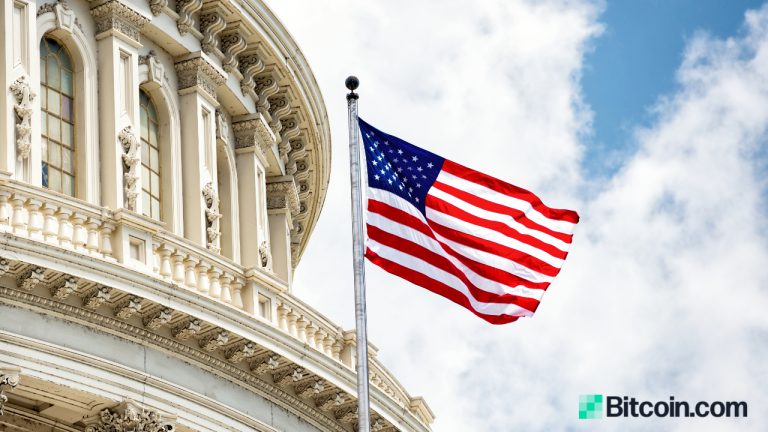US Regulators Urgently Working on Joint Cryptocurrency Regulation: Fed’s Quarles Says It’s ‘High Priority’

U.S. government agencies are urgently working together on a joint regulatory framework for cryptocurrencies, Federal Reserve Vice Chair of Supervision Randal Quarles has confirmed. “We along with the OCC and the FDIC are engaged right now in what we are calling a sprint in seeking to pull together views on” crypto regulation.
US Agencies Collaborating on Joint Regulatory Framework for Cryptocurrencies
Federal Reserve Vice Chair of Supervision Randal Quarles talked about regulators’ efforts on cryptocurrency supervision on Tuesday, Reuters reported. Answering a question from a member of the Senate banking committee about cryptocurrency and its illicit use, Quarles referenced work done by the Office of the Comptroller of the Currency (OCC) and the Federal Deposit Insurance Corporation (FDIC) on this topic.
He confirmed that U.S. financial regulatory agencies are working together on addressing issues related to cryptocurrency, stating:
We, along with the OCC and the FDIC, are engaged right now in what we are calling a sprint in seeking to pull together views on exactly that.
Quarles noted that the discussions that regulators are having include a common regulatory framework, capital treatment, and operational treatment. Emphasizing that a joint framework for supervision is a “high priority,” he said that he expects to have some results “soon.”
Quarles’ statement on Tuesday reiterates what he told Representative Tom Emmer during a Hearing at the House Committee of Financial Services. Quarles and the new Acting Comptroller of the Currency, Michael Hsu, acknowledged that multiple agencies are coordinating regulatory approaches to cryptocurrencies. Hsu, who has asked for a review of all crypto standards at the OCC after he took office, told the committee:
This is a really really important issue. I think the rise of crypto has garnered a lot of attention.
The new OCC chief revealed that prior to the meeting, he discussed with Quarles and Chair Jelena McWilliams from FDIC “about potentially putting together an interagency policy sprint team just on crypto because of exactly the concerns” the committee has raised.
Quarles also said at the time:
We’re focused very intently on these crypto issues with the aim of having answers, joint views, fairly quickly. I’m sure that will be achievable.
In addition, the new SEC chairman, Gary Gensler, recently said that cryptocurrency exchanges need more regulation. However, Congressman Jim Himes said this week that Congress is not ready to take action regarding cryptocurrency and he does not expect crypto legislation passed in Congress anytime soon.
What do you think about U.S. regulators working on a joint framework for cryptocurrencies? Let us know in the comments section below.
from Bitcoin News https://ift.tt/3fPWSDI
Comments
Post a Comment